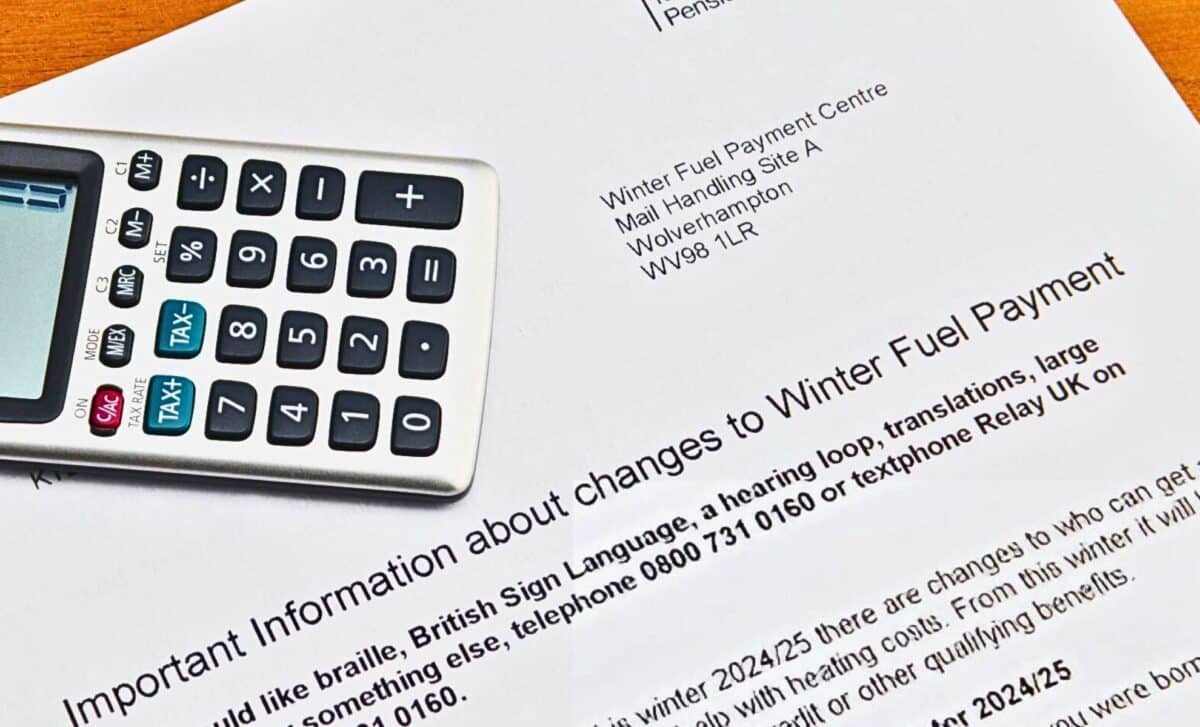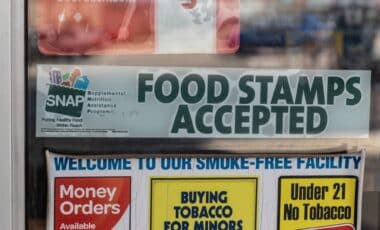On November 19, the Department for Work and Pensions (DWP) announced a £175 payment for pensioners who receive means-tested benefits. The initiative aims to bridge the gap left by changes to the Winter Fuel Payment scheme, which now restricts eligibility to those on low-income support.
An Important Contribution to Winter Support
The £175 payment is intended to offer some relief during the ongoing energy cost crisis. It complements other measures such as the £150 Warm Home Discount and the £25 Cold Weather Payment scheme.
Liz Kendall explained the broader context: “We have also put in place extra financial support for the most vulnerable households including pensioners through the £150 Warm Home Discount to help with energy bills, the Cold Weather Payments and our extension of the Household Support Fund.”
The Controversy Over Means-Testing Winter Fuel Payments
The decision to restrict the Winter Fuel Payment to means-tested benefits recipients has been met with criticism. Liz Kendall described it as a “difficult decision” influenced by financial pressures. She stated: “Means-testing Winter Fuel Payments was not a decision this government wanted or expected to take. However, we were forced to take difficult decisions to balance the books in light of the £22 billion black hole we inherited.”
While acknowledging the reasoning behind the policy, Kendall highlighted its potential consequences, saying, “During the evidence session, I outlined my commitment to being open and transparent with the public and parliament on all matters relating to DWP including on the Winter Fuel Payment. In line with that commitment, today, 19 November, this letter contains internal government modelling produced by the Department as part of routine policy advice.”
Projections of Rising Pensioner Poverty
Government modelling underscores the likely impact of the reform. Kendall shared the findings: “The latest modelling shows that compared to the numbers that would have been in poverty without this policy, it is estimated that in each year in question there will be an additional 50,000 pensioners in relative poverty after housing costs in 2024/25, 2025/26 and 2027/28, instead.
The modelling also shows that an additional 100,000 pensioners are estimated to be in relative poverty after housing costs in 2026/27, 2028/29 and 2029/30. For all other measures of poverty, it is estimated that there will be an additional 50,000 pensioners in poverty each year from 2024/25 to 2029/30.”
These figures highlight the challenges posed by the changes, particularly for those on the margins of eligibility.
Balancing Difficult Choices
Despite the concerns, Kendall defended the measures as part of a broader effort to support those most in need: “At the time of the original policy decision, the internal modelling showed that compared to the numbers that would have been in poverty without this policy, restricting Winter Fuel Payment eligibility would result in each year in question an estimated additional 100,000 pensioners in relative poverty after housing costs in 2025/26, 50,000 in both 26/27 and 27/28 and 100,000 in 28/29.”










They can’t dine out on that £20Billion black whole for ever? They’ve borrowed £billions to take in illegal immigrants and support foreign nations with climate change, so it’s just a load of BS🤔
Having read the article, I have to say that IF the country is such a sorry state due to the “Black Hole” left by the former government, why are we sending money abroad? It makes me very anxious, families are relying on food banks to feed their kids. AND we are financing “posh” dinners for the overseas royalty.
Do it mean I can get the cold weather payment
As my husband is not of pension age and only on minimum wage we are unable to get any help we are struggling to cope